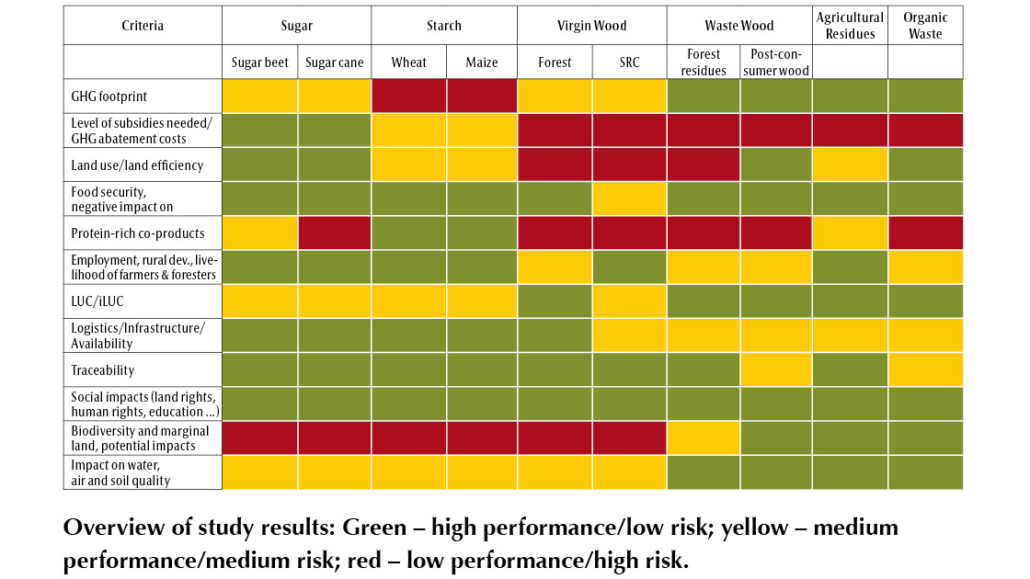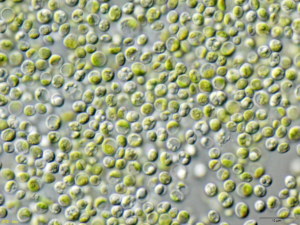
Biofuels: study challenges EU’s tank or table paradigm
A comprehensive sustainability assessment carried out by Cologne-based nova-Institute shows that first and second-generation bioethanol is feasible for the EU's climate strategy.
The study challenges the tank or table credo of many EU policymakers, which claims biofuels are unsustainable because they use arable land and thus compete with food production.
It is unique for a mainstream thesis, which has prevailed for over ten years, to be scrutinised in such a comprehensive and scientific way, Dr. Christian Patermann, former Director for Biotechnology, Agriculture & Food at DG Research, told European Biotechnology. I am curious how the study will impact the future of biofuels in Europe and how those MEPs who strongly resisted first generation biofuels will react, he said.
According to the study’s authors, results suggest that critiques against first-generation biofuels outlined in the current Commission REDII proposal – the new renewable energy directive for the period from 2020 to 2030 – are not founded on scientific evidence. It would be counterproductive to further lower the share of first-generation fuels in the EU’s energy mix, nova-Institute said in a press release. Twelve main criteria, based on current standards and certification systems for bio-based fuels, were selected to evaluate the sustainability of first and second-generation bioethanol. The study’s authors were especially interested in testing the political claim that biofuels cause harm to food security.
Biofuels are CO2 killers
The analysis shows that all feedstocks lead to substantial reductions in greenhouse gas emissions (GHG). While second-generation fuels perform better in this regard, this effect is strongly relativised when offset against the abatement costs. Reducing GHG emissions through second-generation biofuels is a rather expensive way to mitigate climate change.
When it comes to political criticism regarding the possible negative impact on food security of first generation biofuels, the evidence points into a different direction. The competition for arable land is counterbalanced by the excellent land efficiency of first-generation crops (particularly sugar beet) and protein-rich co-products (wheat and corn). In this regard, utilising short rotation coppice (SRC) for biofuels poses much stronger competition for arable land, since they use up much larger acreages of arable land and provide no protein-rich co-products.
The study’s authors conclude their results clearly show that the discrimination against first-generation biofuels of the current Commission proposal is in no way founded on scientific evidence.
As biofuels made from any kind of feedstock reduce GHG emissions, they recommend maintaining food crop-based fuels at the current level of 7% and against lowering the share of first-generation fuels in the REDII.
According to projections from the Commission, renewable energy sources will comprise 11% of the transport sector (RES-T) by 2020. Developing biofuels is the primary factor driving short-term growth, but their significance will diminish in the long-term. Biofuel penetration is mainly driven by the legally binding target of 10% renewable energy in the transport sector, but also by the EU Member State mandatory blending obligations and tax incentives; the Indirect Land Use Change (ILUC) amendment of the Renewables and Fuel Quality Directives; and corresponding changes in RES-T
target accounting rules.


